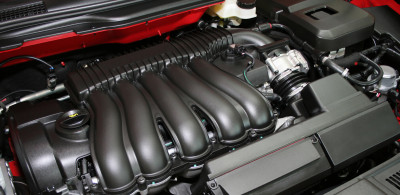Spring is a highly anticipated time of the year for car buffs who have been waiting patiently for the snow to melt, so they can tune up and repair their rides. Here are a few pointers to help you get a jump-start on your automotive projects.
The advantage of buying aftermarket
Many automobile enthusiasts are content to buy their car parts locally. Others turn to foreign suppliers for better pricing or to purchase special parts that are not available where they live. In fact, it is often advantageous to order parts directly from the manufacturer or from a jobber specializing in aftermarket parts – and here's why:
- The parts are often more competitively priced that those of local distributors
- The parts are more readily available
- You don't have to wait for the local distributor to actually import the car parts
While I know a modest amount about cars, they are by no means my area of expertise. My driving passion is actually the world of customs brokerage, which opens the door to some insight that you may find useful.
Navigating the regulations
Generally speaking, the Customs tariff lists many car parts in chapter 8708 (which covers a variety of parts and accessories for motor vehicles) at 6% of duties. However, some car-related products may actually be subject to a higher rate vs. other specific parts that are actually exempt from customs duties because they are:
- Classified in other chapters
- Imported for maintenance
- Imported for repair purposes
Tread lightly – the Canadian government is watching!
Here are a few more points to keep in mind:
- GST applies on commercial imports and both GST and PST on casual imports (i.e. individuals importing for personal use).
- Parts manufactured in the USA that qualify under NAFTA are also free of duty. Likewise for parts imported from other countries with which Canada has trade agreements.
- There are no special requirements for importing parts as long as they are considered legal in the country.
- Tires that are regulated by Transport Canada must meet certain requirements (e.g. marking) while retread or refurbished tires are subject to different regulations or, in some cases, prohibited.
N.B.: For automobile aficionados interested in importing something bigger – like a complete or nearly complete car – check out an earlier blog of ours about importing cars into Canada.
Don't let paperwork stall your project
If you intend to import under NAFTA, you'll need a NAFTA certificate from the supplier. In the case of goods valued under $2500.00 CAD, a signed declaration of origin on the invoice is sufficient.
- It's a standard type statement declaring that the goods are manufactured in the United States and it must be signed by the exporter.
- Although small parts can usually be shipped by courier or post, larger parts may have to be shipped by trucking companies or airfreight if you are in a hurry and really need them right away.

